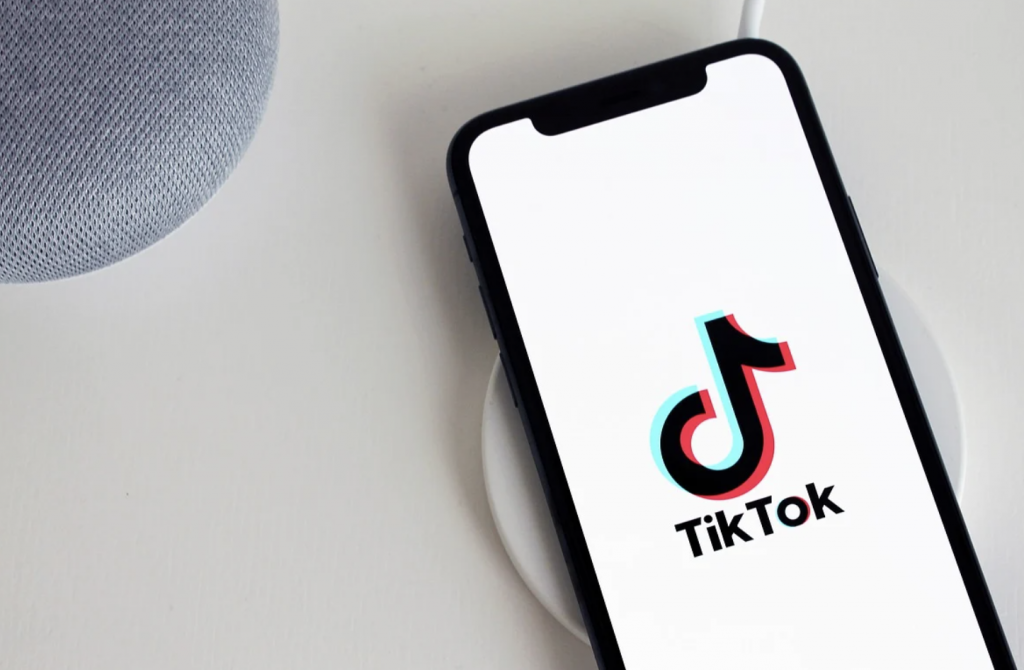Why The CEO Of TikTok Must Testify In Front Congress
TikTok CEO Shou Zi Chew will testify before Congress to address concerns about TikTok's alleged role in threatening national security.

The average TikTok user spends over 95 minutes a day on the app, and with over 80 million active users in the U.S. alone, TikTok has become a part of everyday life for many Americans. The app’s popularity is concerning to many U.S. government officials, who suspect that the Chinese-owned app could be used for surveillance or disinformation. CEO Shou Zi Chew will testify at a hearing about TikTok’s privacy and data security in from the House Energy and Commerce Committee in March.
According to CNN Business, the committee hearing seeks to clarify and question TikTok’s “relationship to the Chinese Communist Party.” The committee’s concerns are less about the app itself and more about China’s ability to pressure the company or its parent, ByteDance, to share U.S. user data with the government. The U.S. has already taken precautions, such as banning TikTok from official devices, and over half of U.S. states have followed suit.
The committee hearing will be held amid dragging negotiations between the U.S. and TikTok over a national security deal. The two entities have yet to come to an agreement, though, as political tensions between China and the U.S. rise, as does the popularity and ubiquity of TikTok. China’s chokehold on social media in its own domain have rightfully caused concern with those who worry about the data being housed by the app.
A spokesperson for TikTok claimed that the company has nothing to hide and is looking forward to addressing the U.S. concerns about national security. CEO Shou Zi Chew has largely avoided the spotlight until now, despite TikTok’s popularity, but that will change in March when he testifies before the committee. Some suspect that TikTok will soon be banned completely in the U.S., while others hope that Chew’s testimony prevents that from happening.
In addition to being banned on most official government devices, TikTok has also been banned at various universities, including Texas A&M, Auburn, and Oklahoma University. Rather than risk an outright ban, TikTok has made attempts to alleviate U.S. concerns, including opening a new “Transparency and Accountability Center” at its headquarters in Los Angeles. The center allows people to learn about the app’s security measures and how it works, hopefully assuaging fears about potential security risks.
Most officials are still very wary of the app, and the Center has come off more as a publicity stunt than as an actual security measure. There are many in favor of banning the app entirely, though this would likely spark public outrage, especially for the millions of young Americans that use TikTok every day. Some also wonder if a ban would be effective; just as Chinese citizens find ways around Facebook bans, it’s likely that Americans would find ways around a TikTok ban.
March’s committee hearing will likely act as a turning point for TikTok. The U.S., after CEO Chew’s testimony, will either move toward an amicable security deal or toward an outright U.S. ban. Either way, the decision will speak volumes about the future of American security measures as technology advances and apps like TikTok become more and more a part of our everyday lives.











